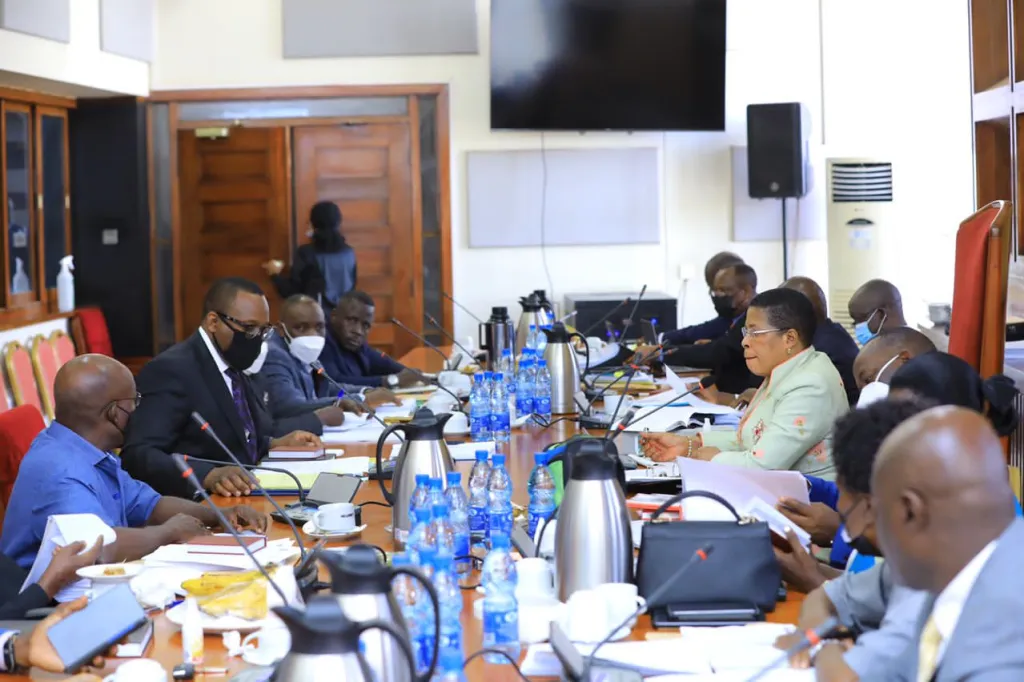14th September 2023.
Kampala, Uganda – The Constitutional Court of Uganda has upheld the practice of Parliament conducting closed-door vetting of public officials, dismissing a petition brought forth by two journalists challenging its legality. The court declared that this procedure did not infringe upon constitutional rights and argued that access to information could still be obtained through existing channels and committee reports.
The unanimous decision by a panel of five justices, including Irene Mulyagonja, Richard Butera, Deputy Chief Justice Catherine Bamugemereire, Muzamiru Kibeedi, and Monica Mugenyi, marked a pivotal moment in the debate over transparency in government proceedings.
The core of the matter revolved around Rule 165(2) of the rules of procedure of the 11th Parliament, which allows for closed-door vetting of public officials. The journalists, Simon Kaggwa Njala and Sulaiman Kakaire, along with Legal Brain Trust, had challenged the constitutionality of this rule. They contended that it was inconsistent with Articles 829 and 38 of the 1995 Constitution and sought its nullification.
The court, however, ruled that Rule 165(2) did not contravene these constitutional articles and that the limitation on access to information, expression, and press was justifiable in a democratic society, aligning with Article 43(2) of the Constitution.
Justice Mulyagonja, delivering the lead judgment, noted that the journalists had not provided evidence that Parliament had failed to provide them with information through existing means outlined in the Access to Information Act. She emphasized that the right to access information and freedom of expression and press were not unduly restricted by the rule and fell within acceptable limits of a democratic society.
Additionally, the court highlighted that while the conflict between various rights in this case was evident, Article 41(2) of the Constitution helped resolve it. Although the information obtained by the Committee might not be available in real-time or at the speed desired by the media, it could still be accessed through the procedures established by Parliament under the Access to Information Act and through Committee reports.
This landmark ruling signifies the court’s recognition of the delicate balance between transparency and the need for certain government processes to remain confidential in exceptional circumstances. It reaffirms the existing legal framework for access to information and the vetting of public officials.
The journalists and their legal representatives had initially sought a declaration that Rule 165(2) was null and void, an order for access to transcripts and recordings of the Appointments Committee proceedings, a permanent injunction against enforcing the rule, and costs associated with their petition.
This ruling sets an important precedent, underlining the importance of respecting the legislative procedures established by the Parliament while maintaining the principles of a free and democratic society as enshrined in the Constitution. The decision invites further discussions on the role of transparency and accountability in governance.
















